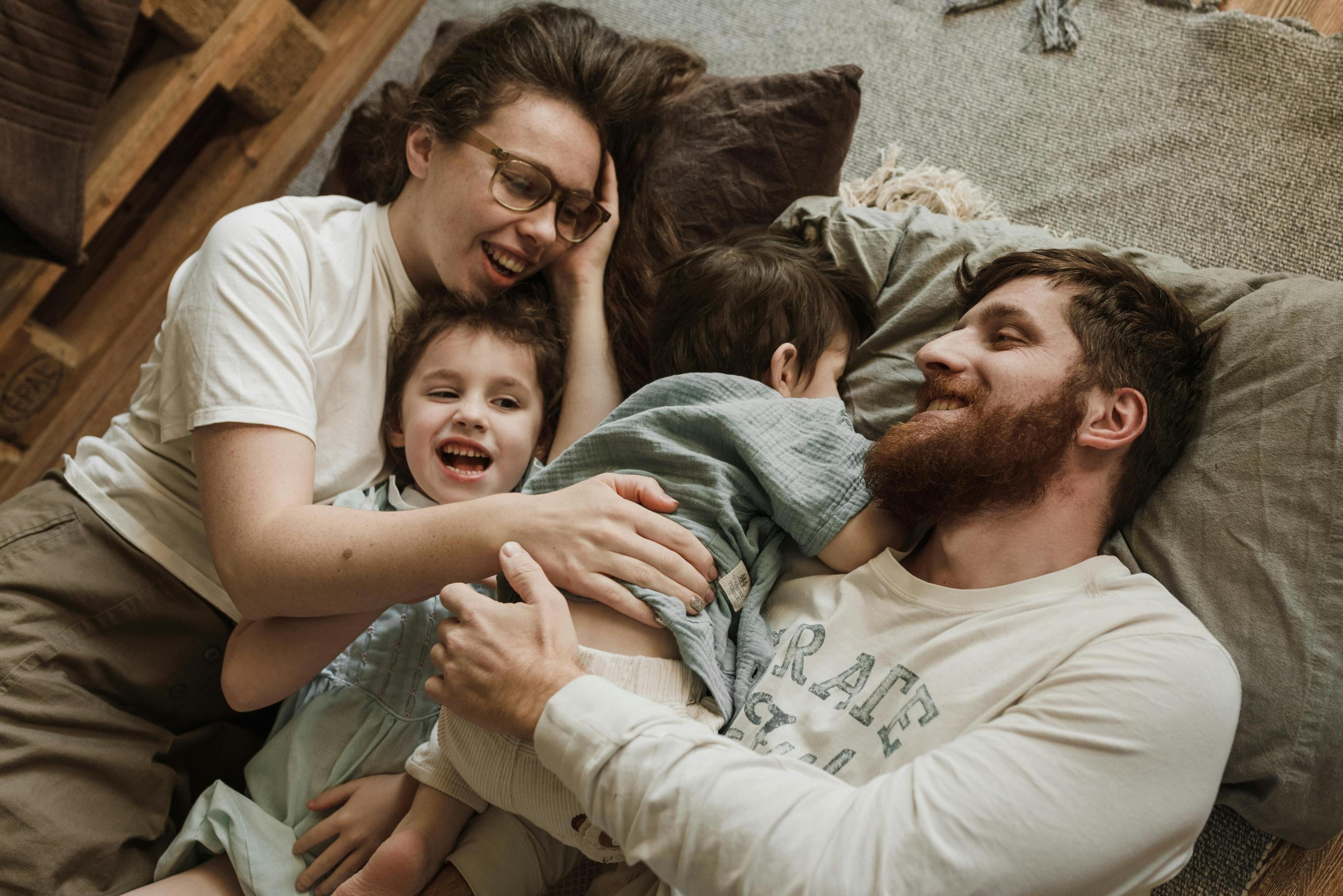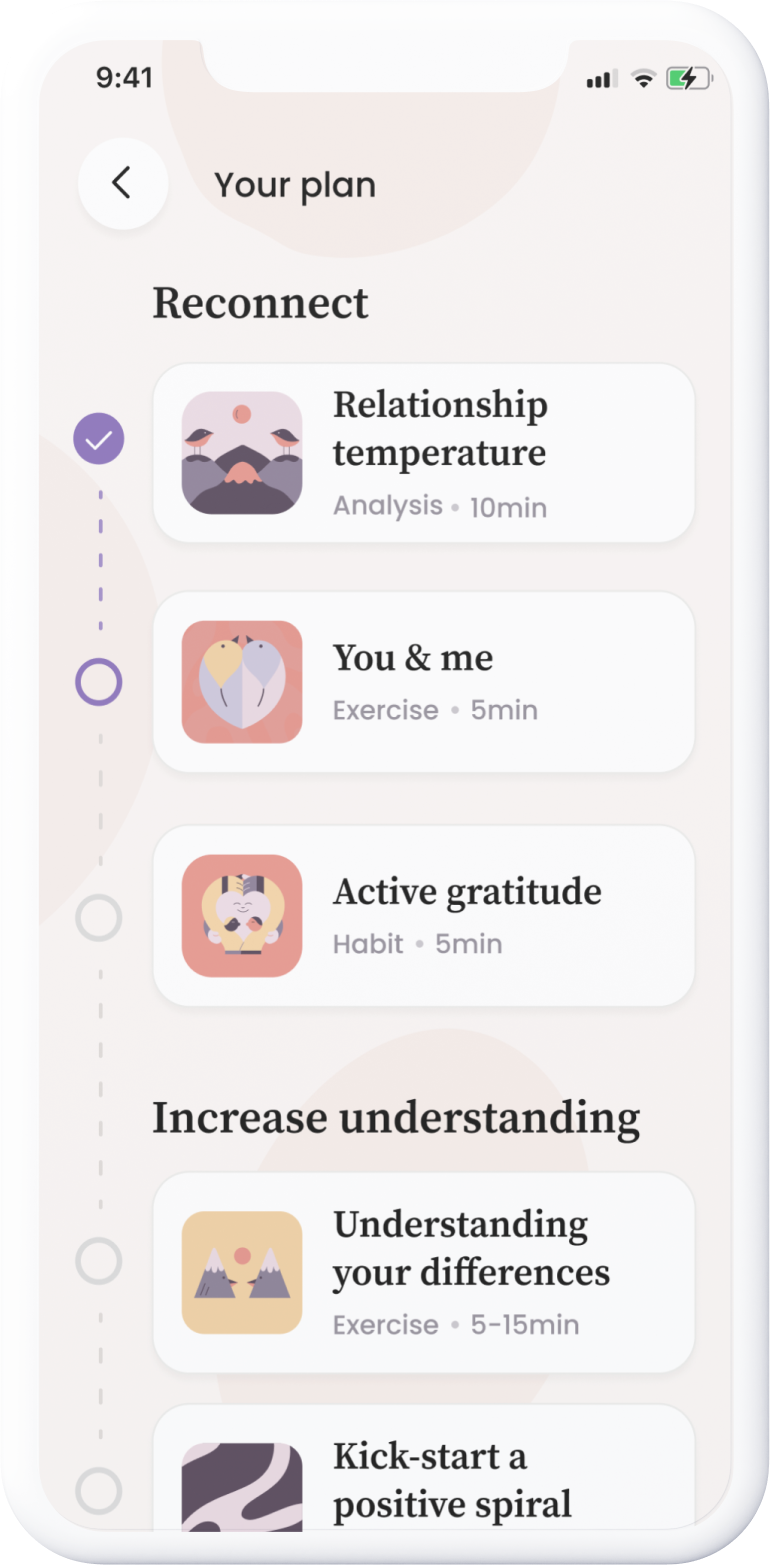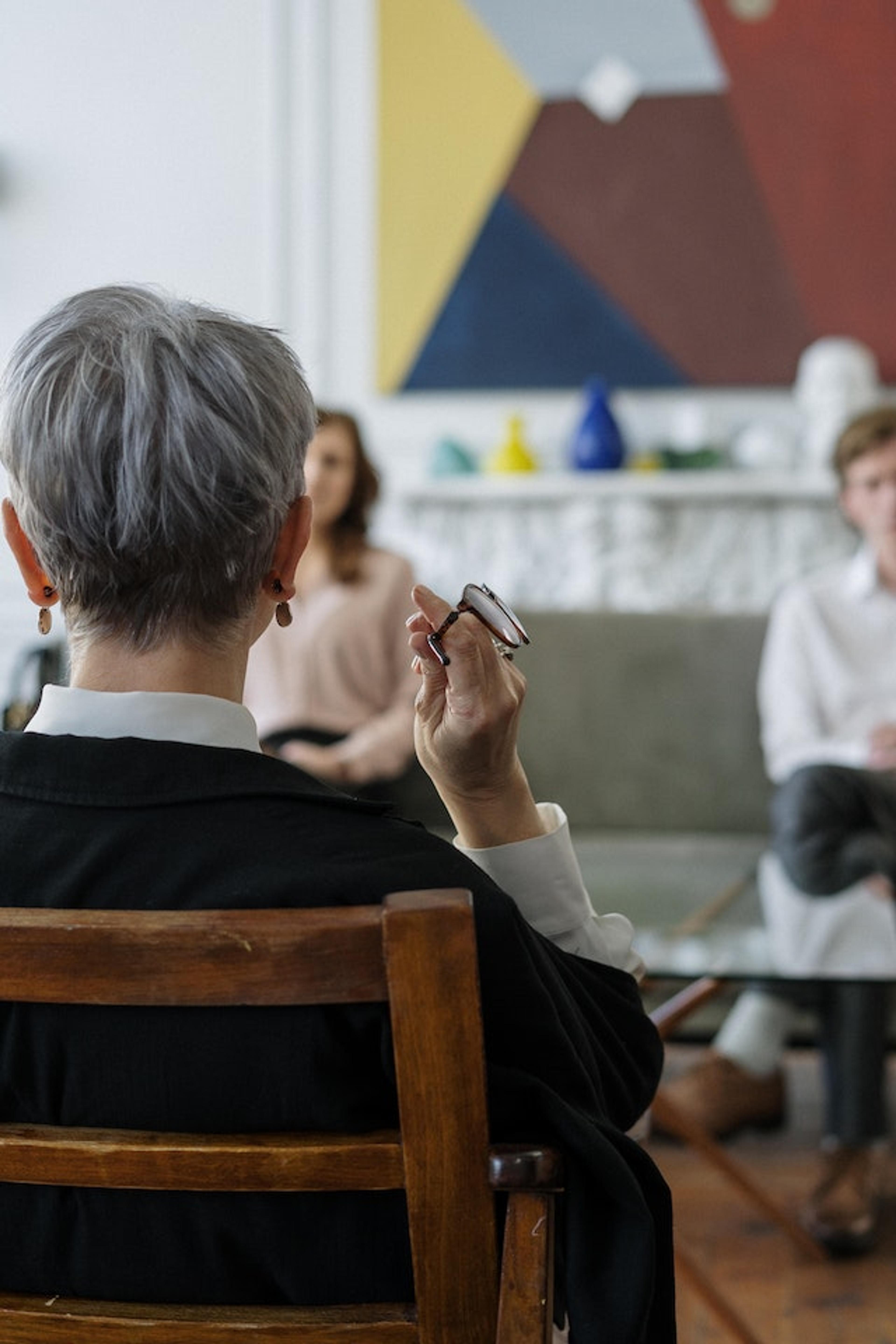Relationship Exercises from Couples Therapy
Get guidance in how to strengthen your relationship- 14 May 2024
- 6min

Are you looking for relationship exercises from couples therapy that you can practice with your partner at home? In this post, we present some general couples therapy exercises. These are relationship exercises that therapists often use as elements in couples therapy.
Couples therapy exercises that you can practice at home
Are you considering couples therapy, but feel that you are not quite at the point where it is necessary yet? You are not alone! There is a lot you can do on your own, whether you have problems in your relationship or if you want to strengthen a relationship that is already working well.
These 5 relationship exercises from couples therapy contains elements that virtually all couples can benefit from and that come from methods used in couples therapy. Hopefully, you will find one that you particularly like or that inspires you. Try these relationship exercises and see what works best for your particular relationship!
1. Be curious and interested in each other's daily lives
Make it a habit to devote a few brief moments to each other every day. In the morning, it can be about finding out something your partner will be doing during the day. If you are apart during a workday, it can be sending a message to show that you care, or sharing something you think they might be interested in.
And after a workday - try to set aside a little time when you pay attention to how your partner seems to be feeling and ask how their day has been. Continuing to confide in each other and knowing what is going on in each other's lives is a success factor in long-term relationships.
2. Active listening
Having a good ability to listen is a real superpower in relationships! Active listening is an important part of effective communication. Show that you are interested by putting aside other distractions. Give your full attention to your partner and focus on just listening.
Put into words what you hear your partner telling you about and try to understand the reason behind it (even if you don't agree!). Avoid immediately coming up with your own reflections or giving advice. Stay in your partner's experience.
3. Love is in the little things you do
Small everyday acts of love - a simple way to start a positive spiral. Buy your partner's favorite snack, give a long hug in the morning before you part, or send a "thinking of you" text during the day. In relationships that work well, couples do small acts of love for each other several times a day, whereas in relationships where problems have arisen, the frequency decreases significantly.
Remember - these small acts of love or care are actually things you can do even when you don't feel like it. Since it is likely to have a positive effect on your partner, there is a good chance that you will get more positive feedback yourself. It can also be about expressing gratitude for small things in everyday life.
4. Prioritize (and plan!) time together
A busy everyday life can mean that the time for each other is no longer there. We know that it can be difficult to make major changes in life, but the fact is that the fewer fun things we do together, the less enjoyable the relationship is perceived overall.
Actually, it's not all about the grand gestures! Watching an episode of a favorite TV-show can be just as good as a spa weekend together, and so much better if you make it a part of your everyday life.
5. Focus on what you are grateful for in your relationship
Actively focusing on what you appreciate about your partner and are grateful for in your relationship can help you connect with feelings of closeness and warmth.
Try to take a moment each day to think about something you appreciate or are grateful for about your partner or your relationship right now. Try to stay in the warm feeling that arises. Also, reflect on why you are grateful for this, what significance it has for your life and well-being.
Relationship exercises from couples therapy in your pocket!
Working actively on your relationship and creating new positive relationship habits is not always easy, we know. Even if you know exactly what to do in theory, it may require something that guides you in the moment and is there in your everyday life. Something you can use at home, when it works for you. If you found these couples therapy exercises (based on methods from couples therapy) interesting, a next step could be to try the relationship app Ally.
We developed the app Ally specifically to lower the thresholds for working on the relationship. Many couples have problems that could have been solved at an earlier stage. With Ally, we want you to be able to develop effective relationship skills to take your relationship where you want it to go.
It may be that you have some problems in your relationship that you want to solve. Or you have a relationship that is mainly functioning well, but you want to get closer to each other or strengthen the relationship before a major life change.
An important part is also understanding how your particular relationship works - and fully understanding each other. Ally contains interactive couples therapy exercises, which makes the experience of using Ally more tailored than the general relationship exercises described in this post.
Just as in couples therapy, where you always start by understanding what the problems look like specifically for the particular couple, Ally begins with both of you answering questions about how the relationship is working right now. Then you get a plan with recommended content - the relationship exercises we believe will help you the most.








